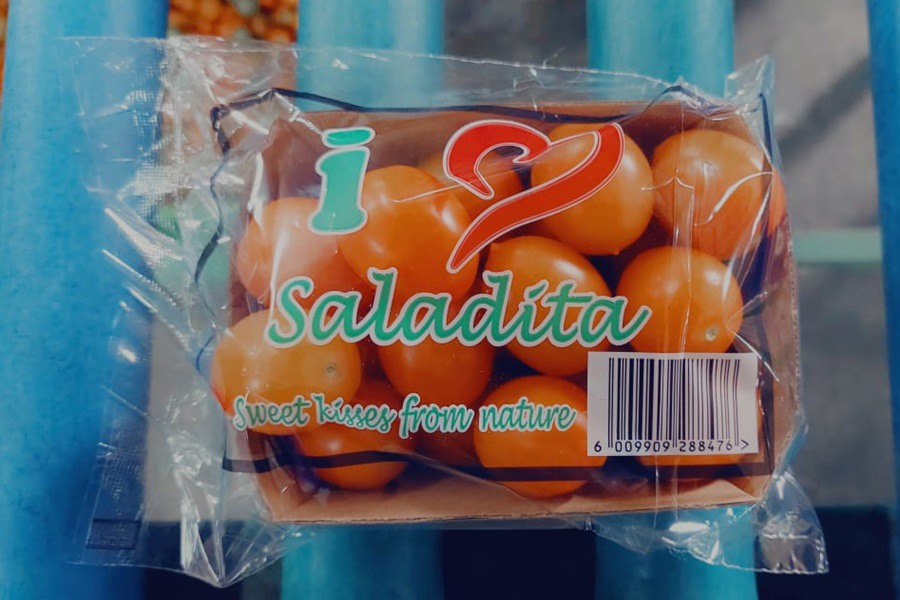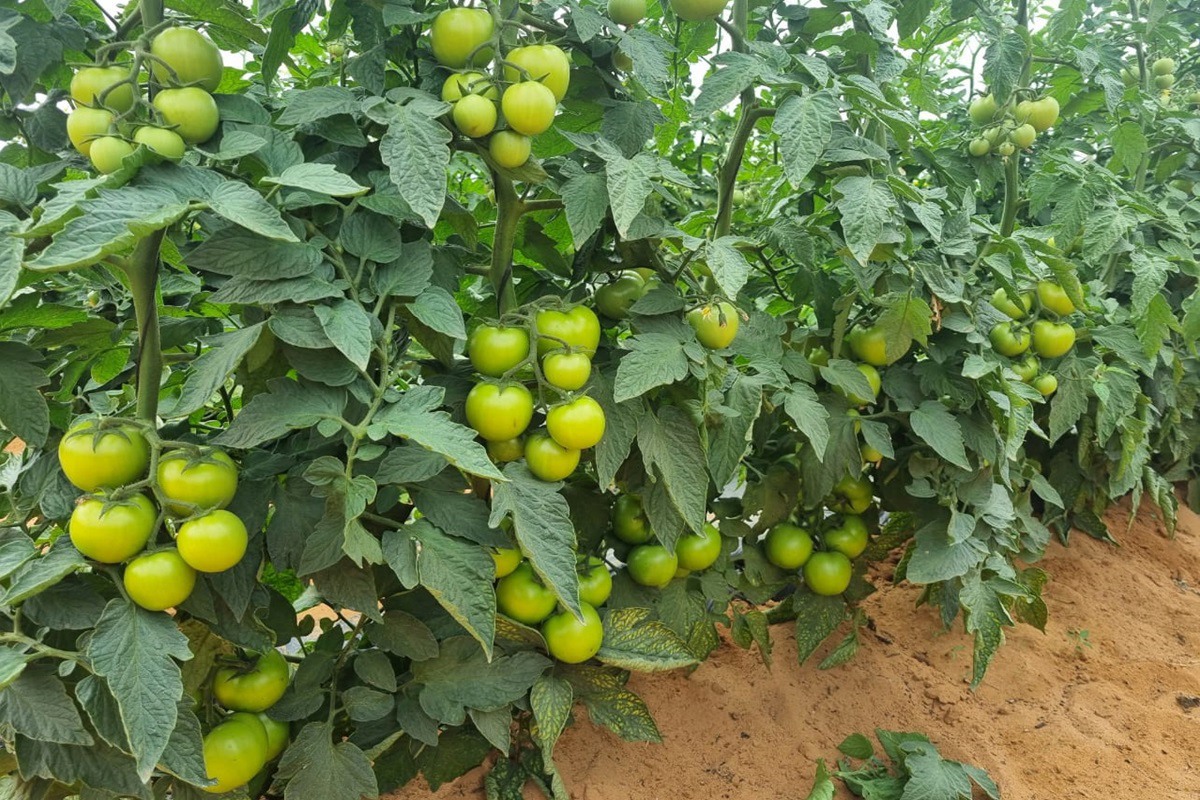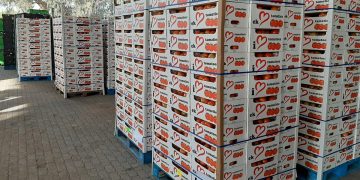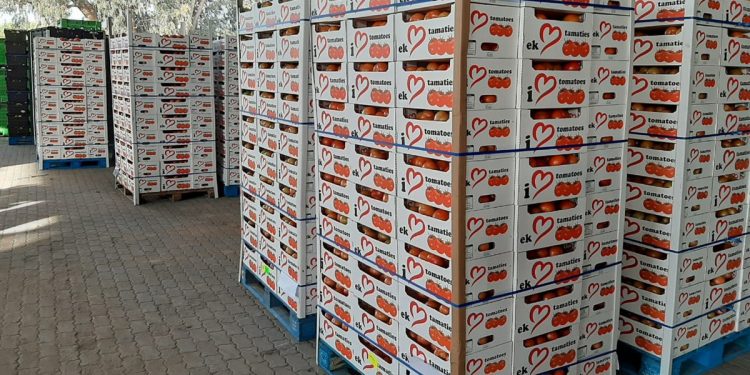Challenges and Aspirations in the Lutzville Tomato Industry
Tomato growers around Lutzville, nestled on South Africa’s Atlantic coast, are facing significant hurdles, primarily due to the relentless battle against Tuta absoluta, a leafminer moth that entered the country in 2016. Jacques Mollentze from Up To Date highlights the immense impact of this pest on local tomato cultivation: “The leafminer moth is a tremendous problem, costing us millions. Without substantial price increases, sustaining tomato production becomes impossible.”
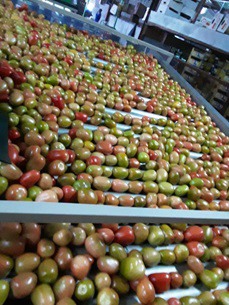
Unique Advantages and Production Focus
Despite these challenges, the Lutzville-Koekenaap region benefits from a favorable maritime climate, characterized by cool sea breezes that maintain temperatures ideal for tomato growth between 24°C and 28°C. This climate advantage allows for a prolonged harvest season from late November to August, making it a significant summer production hub. “Our strength lies in Saladette tomatoes, especially from November to May, alongside our popular Saladita cherry tomatoes packaged in ‘I Love Saladita’ punnets,” explains Mollentze.
Product Diversity and Market Reach
Up To Date diversifies its tomato offerings with Saladettes, Saladitas, canning tomatoes, and traditional round varieties. These products supply fresh produce markets across Johannesburg, Pretoria, and Durban, and nearly all major supermarkets in South Africa. “Our brands like I Love Tomatoes, Day&Night, and Lekka-Lekka emphasize quality and consistency in grading, ensuring customer satisfaction throughout the season,” notes Mollentze.
Call for Equitable Trade Practices
Amidst their production successes, concerns arise over fair trade practices within the Southern African Development Community (SADC). Mollentze advocates for reciprocity in trade regulations: “We welcome Namibian tomatoes in our markets, but we expect fairness. When Namibia restricts our exports, we should reciprocate. Conversely, when their borders remain open, ours should too. It’s about maintaining a level playing field.”
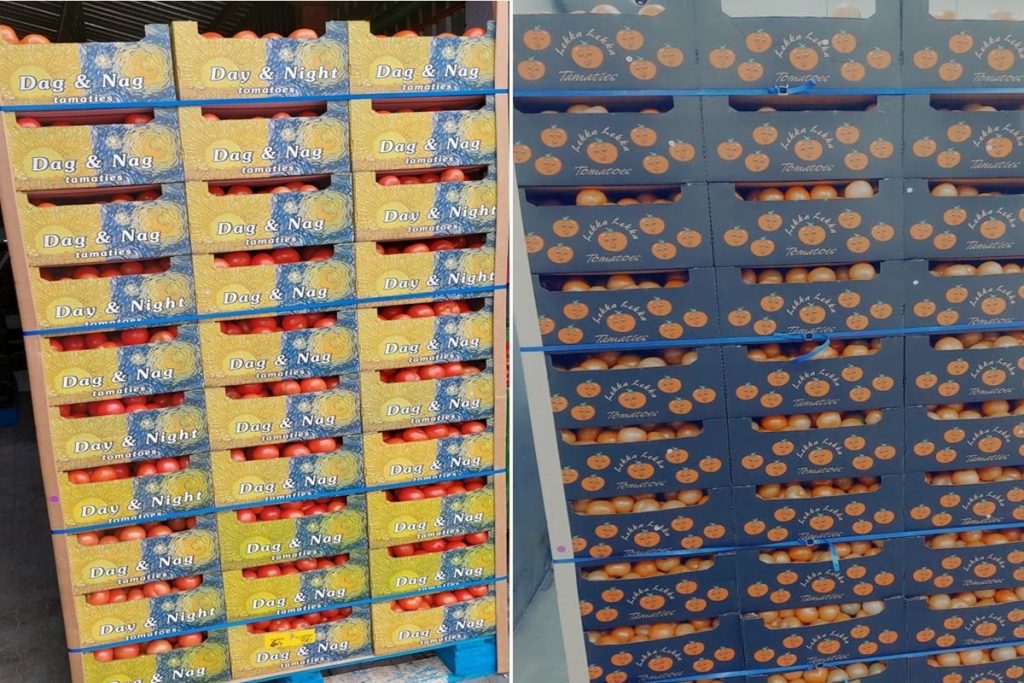
Cross-Border Trade Dynamics
Currently, Namibia intermittently closes its borders to South African tomatoes, while Namibian produce freely enters the Western Cape market, creating an imbalance. “It’s frustrating that our exports face restrictions while Namibian tomatoes, often competitively priced, continue to flood our market,” laments Mollentze. Similar challenges exist with Botswana’s border closures, albeit with lesser impact on Western Cape growers.
Looking Ahead
As the tomato season unfolds, stakeholders in Lutzville remain resilient, navigating challenges with optimism and a call for equitable trade policies across SADC. “We are committed to maintaining our quality standards and exploring new opportunities,” concludes Mollentze, reflecting the determined spirit of South Africa’s tomato industry.
